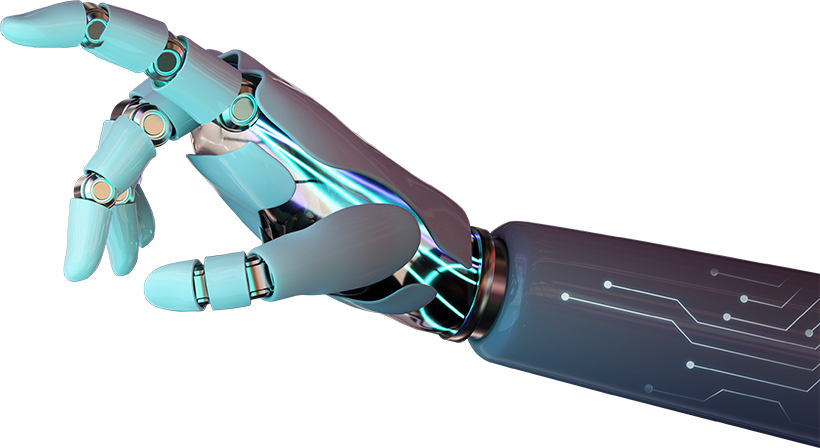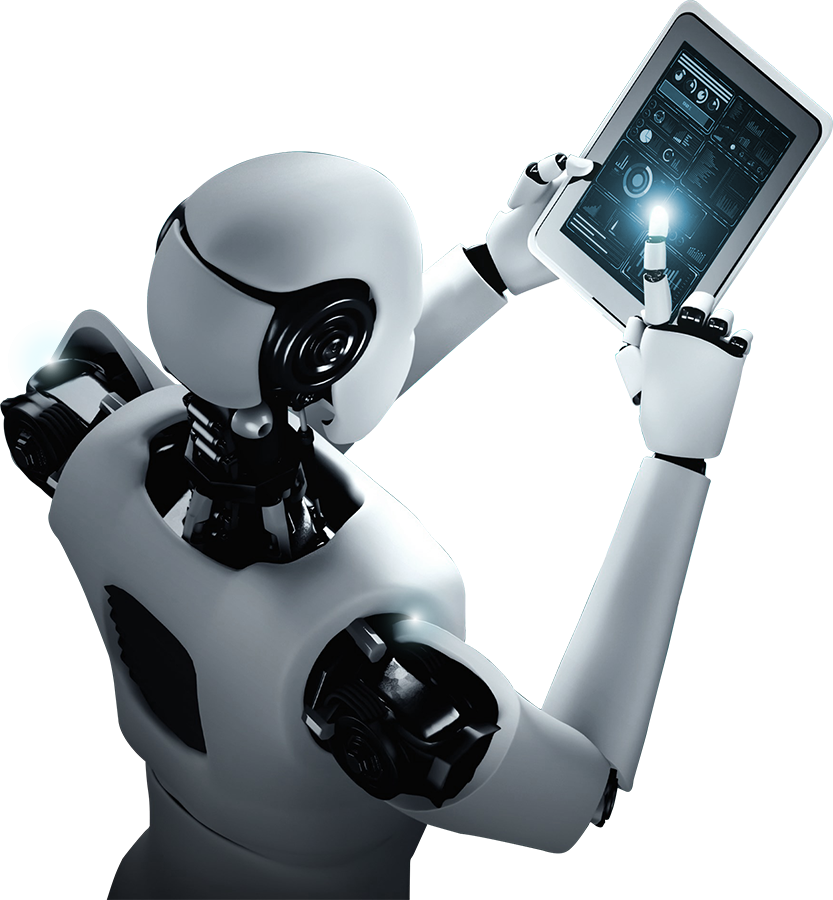
FAQ'S
What Are We Going To Do With All These Future?
HomePages
Faq's


AI's impact on the job market and workforce is a widely discussed topic. While AI has the potential to automate repetitive tasks and increase productivity, it also raises concerns about job displacement. Some jobs may become obsolete, but new job opportunities could arise in areas like AI development, data analysis, and maintenance. To adapt to these changes, workers may need to acquire new skills and engage in lifelong learning. Governments and organizations will likely play a critical role in providing education, training, and social safety nets to help workers navigate this transition.
Ethical implications of AI development and deployment are increasingly important as AI systems become more integrated into our daily lives. One major concern is the potential for AI to perpetuate and amplify existing biases, leading to unfair decision-making. Transparency and explainability of AI algorithms can help mitigate these issues. Additionally, privacy concerns arise as AI systems often rely on large amounts of personal data. To address these concerns, researchers, developers, and policymakers need to collaborate on creating ethical guidelines, industry standards, and regulations that promote fairness, transparency, and privacy in AI applications.
AI has the potential to make significant contributions to solving global challenges. In the context of climate change, AI can be used to analyze vast amounts of data and develop predictive models to better understand environmental patterns, optimize renewable energy systems, and inform policy decisions. In healthcare, AI can support medical professionals by aiding in diagnostics, drug discovery, and personalized treatment plans. Collaborative efforts between AI researchers, domain experts, and policymakers are crucial to harnessing AI's potential to address these complex issues and ensure that its benefits are broadly shared.
AI has demonstrated the potential to replace or significantly alter many human tasks and occupations, driven by rapid advancements in machine learning, natural language processing, and robotics. With increasing computational power and sophisticated algorithms, AI systems have surpassed human performance in various tasks, such as image recognition, data analysis, and game playing. These technologies have already led to widespread automation in industries like manufacturing, transportation, and customer service, streamlining operations and reducing the need for human labor.
Furthermore, AI has shown promise in more complex, cognitive tasks, such as medical diagnostics, financial analysis, and legal document review. As AI continues to evolve, it is conceivable that an increasing number of jobs will be impacted, including those once considered uniquely human.
Despite these advancements, it is important to recognize that AI's potential to replace humans depends on the context and specific applications. AI's role as a tool for enhancing human abilities should not be overlooked, and the prospect of AI replacing humans entirely remains speculative.
Yes I am single and available,
Just hit me up already



To be the first to discover and apply new technology, and to be the last human to be replaced by it






